As I mentioned yesterday, in April, we focus our stories on BU internal funding panels. This post shares information about the ACORN (ACceleration Of Research and Networking) funding panel.
ACORN funding provides central investment to the most talented Early Career Researchers (ECRs) to support them in gaining experience in managing and leading their own pilot research projects.
The ACORN panel consists of ten panel members from all faculties, is led by the Chair Professor Jan Wiener, Vice-Chair Professor Julie Turner-Cobb and supported by panel Secretary Ainar Blaudums and panel Clerk Theresa McManus.
Funded projects
So far, three rounds of ACORN funding have been announced of which two have been completed; in total, 18 grants have been awarded. In the most recent Round 3, the following projects were awarded:
- Turning Your Film Into Mine: Filmmaking and the Quotation Exception (PI Dr Claudy Op Den Kamp);
- Neonate simulators and digital stories: enhancing social work practitioner’s knowledge of problem substance use during pregnancy (PI Dr Humaira Hussain);
- Drawing Lines across Virtual Spaces: Nigerian Political Cartooning in the Digital Age (PI Dr Malcolm Corrigall);
- Exploring pathways from suicide ideation to attempts in autism (PI Dr Rachel Moseley);
- Reliability and Development of Normative Data of the Total Faulty Breathing Scale (PI Dr Vikram Mohan).
Covid-19 related travel and research restrictions, as well as off-campus working, have been challenging for ACORN awardees and have delayed the implementation of some project activities. Fortunately, the panel was able to secure an approval from RPMC to extend implementation of some project activities beyond the end of this financial year.
Nevertheless, Dr Rachel Moseley has achieved significant progress in implementing her ACORN award project and works towards completing the major research work. In her ACORN project, Dr Moseley investigates pathways from suicide ideation to attempts in autistic people.
This project aligns with the BU2025 “Health and Wellbeing“ Fusion Theme, and Target 3.4.2 from the UN Sustainable Development Goals: to prevent premature mortality from non-communicable diseases.
ACORN project ‘Exploring pathways from suicide ideation to attempts in autism’
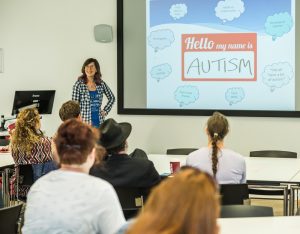
Death by suicide is frighteningly common in autistic people, but poorly understood. Excess psychiatric morbidity and mortality is prominent in the autistic community, who are, according to some research, eight times more likely to die from suicide. Preliminary research in this area often fails to differentiate suicide ideation from attempts.
Popular theories in neurotypical people suggest that in order to act on suicidal thoughts, individuals must acquire the ‘capability’ for suicide by developing tolerance for pain and losing the evolutionary fear of pain and death. Typically, this capability develops through being exposed to physically painful and emotionally provocative events (like abuse, discrimination) and through self-injury. Research has linked self-injury and suicidality in autism, but it’s not clear if self-injury increases the risk of individuals moving from ideation to attempts and, if so, how this happens. Does self-injury increase pain tolerance and make people less fearful of death, and are there other experiences which likewise create suicide capability?
Dr Moseley kindly provided some insights into her ongoing research: ‘Over 300 autistic people have taken part in my online survey. Interestingly, our preliminary analysis highlighted stressful life events concerning health and medical treatment as predictive of suicide ideation and attempts. Autistic people who had experienced more of these stressors were more likely to mentally rehearse suicide and to feel less fear of death. We need to conduct further qualitative and quantitative analysis to further understand this finding, but it is reminiscent of how many autistic people struggle to find suitable care and to be understood by practitioners (Camm-Crosbie et al., 2019).

Conducting this research has been enormously humbling. I feel exceptionally honoured to have been given this opportunity to, hopefully, uncover findings of importance to this vulnerable community. The study has been overwhelmingly well-received by the autistic community, with participants commenting: “The study is written with great sensitivity and obvious care for its participants”; “Thank you for looking into this issue. Best questionnaire I have ever completed. Explanatory, friendly, approachable… stress was massively reduced. A lot of work must have gone into the design”.
Autistica, a charity who support autistic people, have asked me to present my findings in a podcast in June. As mental health in the autistic community is one of the highest priorities for research in autism, they described the present study as “some of the most relevant and important research currently being conducted in the UK”. The ACORN funding has afforded me great visibility within the autistic community and autism researchers, and I am excited to continue analysing the data and present it back to these stakeholders.’
Dr Moseley aims to publish findings from this project in several papers, and is extremely hopeful that these publications and the experience she has gained in managing and delivering this project, will lead to successful grant applications from large external funders. Centered at the intersection between autism (a neurodevelopmental condition) and mental illness such Dr Moseley’s work is appropriate for funders interested in multimorbidity such as the Medical Research Council.
Dr Moseley concludes: ‘I am immensely grateful for the opportunity afforded to me by the ACORN committee, which immensely strengthens my academic profile towards achieving this goal.’
——
Future of ACORN funding
Currently, the ACORN panel is working on revising projects and their budgets prior to announcing an additional competition for a number of smaller awards for projects to be completed by 31 July 2021.
The Panel is exceptionally grateful for every grant holder’s commitment and their flexibility in adjusting project plans to mitigate the impact of the COVID-19 pandemic on the delivery of their projects.
The next posts coming up tomorrow – Focus on Fellowships.
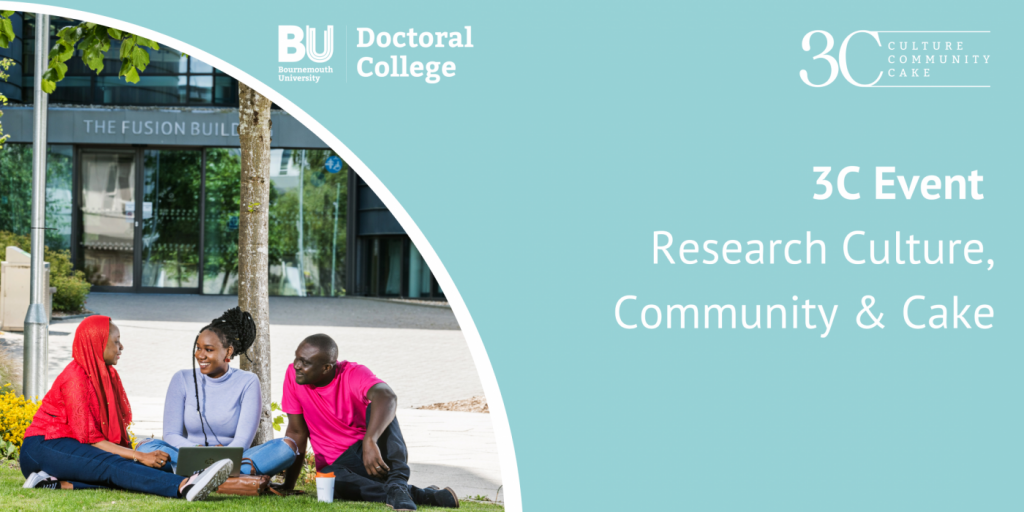
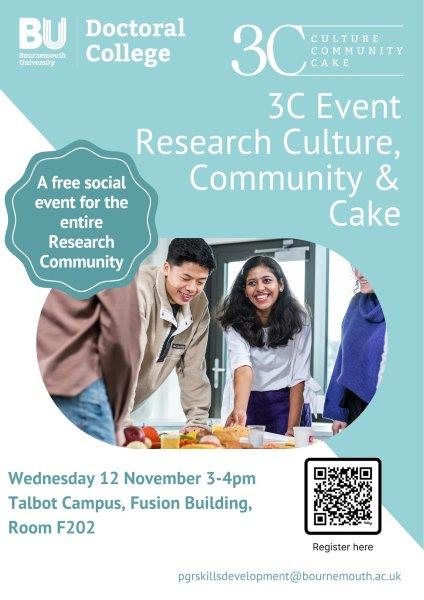
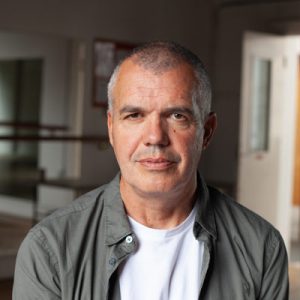
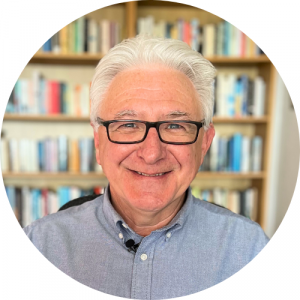
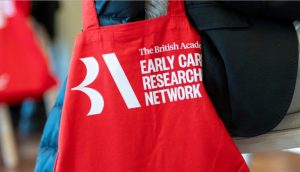
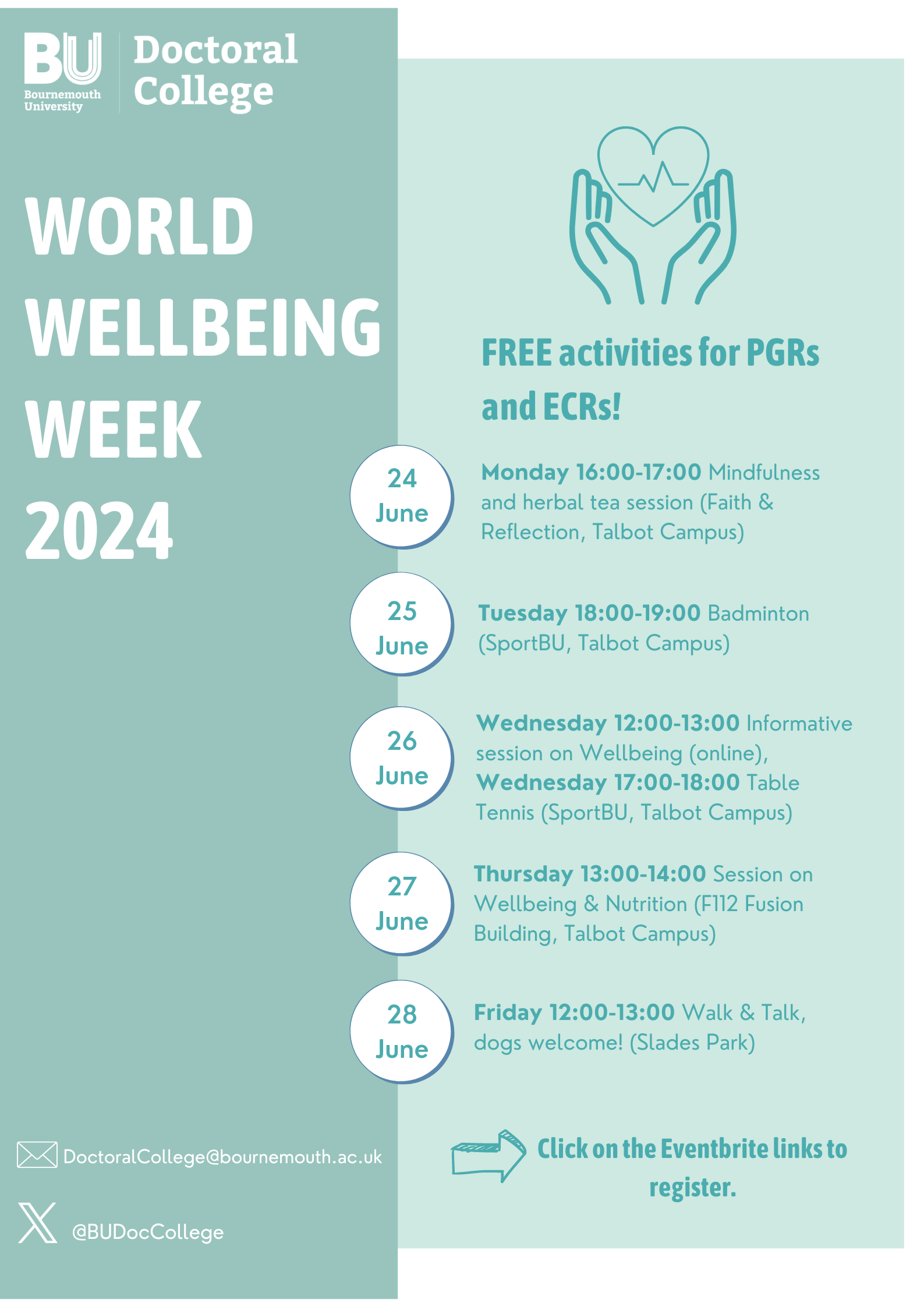

 If you are interested in exploring ways in which AI could be utilised to deliver new or enhanced ways of working,
If you are interested in exploring ways in which AI could be utilised to deliver new or enhanced ways of working,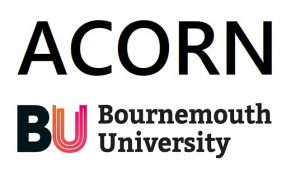 ACORN funding provides central investment to the most talented Early Career Researchers (ECRs) to support them in gaining experience in managing and leading their own pilot research projects. The name ACORN stands for ACceleration Of Research and Networking. These awards support BU’s commitment to the
ACORN funding provides central investment to the most talented Early Career Researchers (ECRs) to support them in gaining experience in managing and leading their own pilot research projects. The name ACORN stands for ACceleration Of Research and Networking. These awards support BU’s commitment to the 
 Round 4
Round 4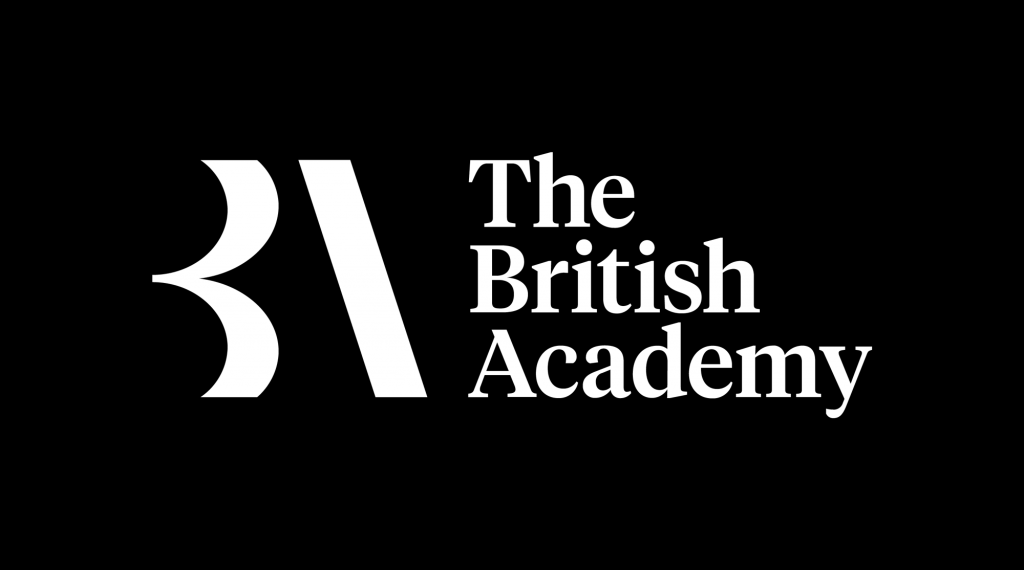


 Wednesday April 21st 16:00 – 17:00
Wednesday April 21st 16:00 – 17:00 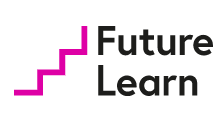


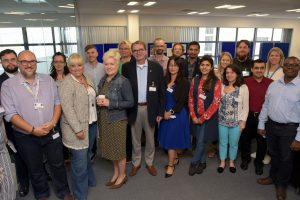
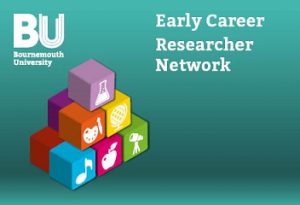
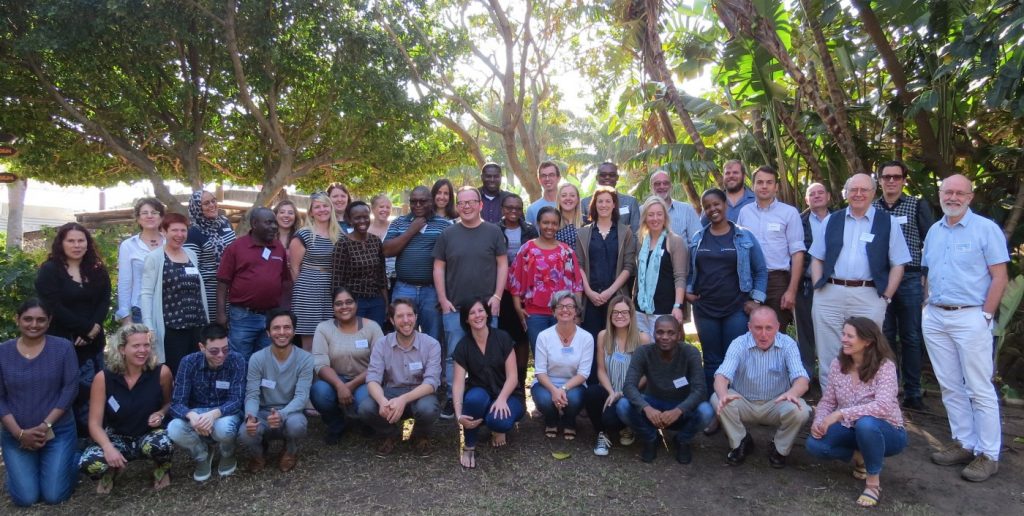
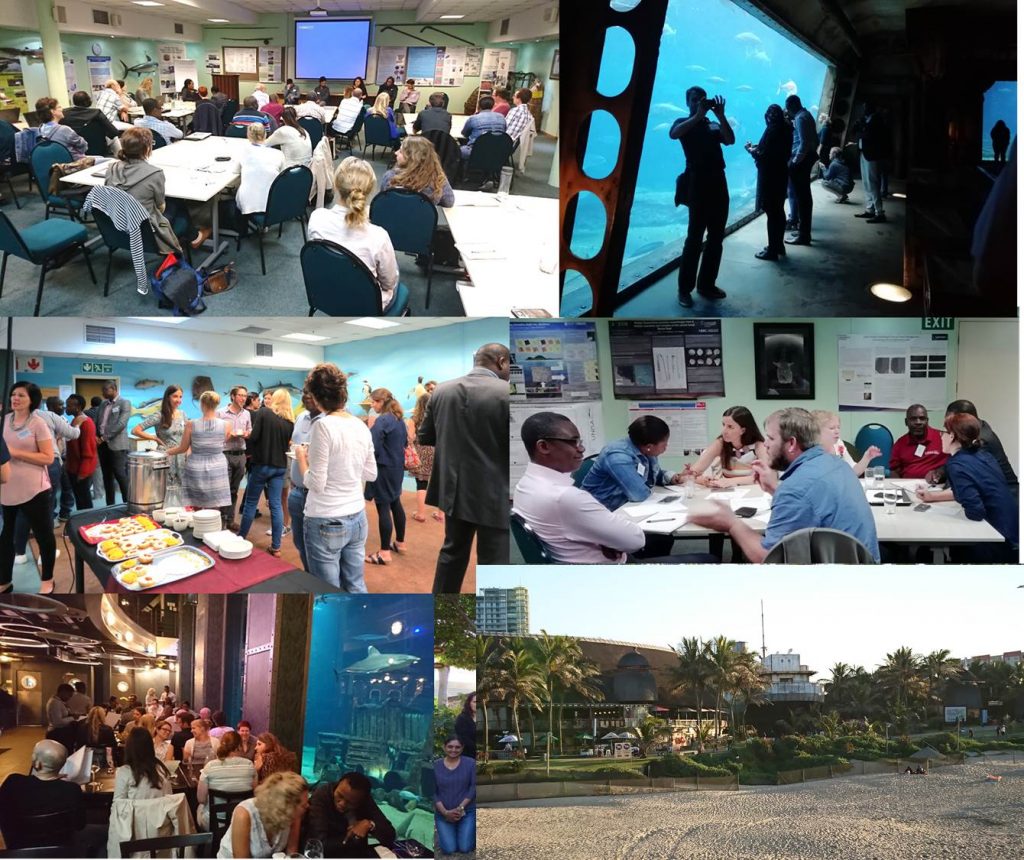












 Beyond Academia: Exploring Career Options for Early Career Researchers – Online Workshop
Beyond Academia: Exploring Career Options for Early Career Researchers – Online Workshop UKCGE Recognised Research Supervision Programme: Deadline Approaching
UKCGE Recognised Research Supervision Programme: Deadline Approaching SPROUT: From Sustainable Research to Sustainable Research Lives
SPROUT: From Sustainable Research to Sustainable Research Lives BRIAN upgrade and new look
BRIAN upgrade and new look Seeing the fruits of your labour in Bangladesh
Seeing the fruits of your labour in Bangladesh ECR Funding Open Call: Research Culture & Community Grant – Apply now
ECR Funding Open Call: Research Culture & Community Grant – Apply now ECR Funding Open Call: Research Culture & Community Grant – Application Deadline Friday 12 December
ECR Funding Open Call: Research Culture & Community Grant – Application Deadline Friday 12 December MSCA Postdoctoral Fellowships 2025 Call
MSCA Postdoctoral Fellowships 2025 Call ERC Advanced Grant 2025 Webinar
ERC Advanced Grant 2025 Webinar Update on UKRO services
Update on UKRO services European research project exploring use of ‘virtual twins’ to better manage metabolic associated fatty liver disease
European research project exploring use of ‘virtual twins’ to better manage metabolic associated fatty liver disease